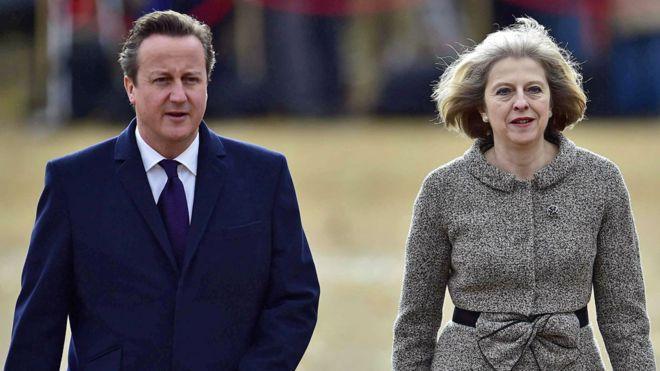Mea Culpa: David Cameron’s not-quite monopoly on power
Word glitches and other confessions of fault in this week’s Independent


Your support helps us to tell the story
From reproductive rights to climate change to Big Tech, The Independent is on the ground when the story is developing. Whether it's investigating the financials of Elon Musk's pro-Trump PAC or producing our latest documentary, 'The A Word', which shines a light on the American women fighting for reproductive rights, we know how important it is to parse out the facts from the messaging.
At such a critical moment in US history, we need reporters on the ground. Your donation allows us to keep sending journalists to speak to both sides of the story.
The Independent is trusted by Americans across the entire political spectrum. And unlike many other quality news outlets, we choose not to lock Americans out of our reporting and analysis with paywalls. We believe quality journalism should be available to everyone, paid for by those who can afford it.
Your support makes all the difference.The mea culpa of this column’s title is not usually literal, but I have to confess my own errors this week. I wrote on Wednesday that Theresa May sought to make a “clean break with the Cameron oligopoly”. An oligopoly is an economics term meaning a market dominated by a few sellers, invented in the late 19th century on the pattern of monopoly. It is all right as a metaphor, I suppose, but as Martin Shovel pointed out I meant “oligarchy”, an older word meaning rule by a few.
That is not all. I also said of the EU referendum that “David Cameron relaxed collective responsibility to allow ministers to argue on both sides of the case”. That could be read as meaning that each minister was allowed to argue both to leave and to remain. As Roy Motteram pointed out, the only person to do that was Boris Johnson, and he wasn’t a minister. I have changed it to “...on each side of the case”.
Tautology class: Henry Peacock read our report of the 30th anniversary of the Zeebrugge disaster with interest and a critical eye. As he says, the headline of our accompanying editorial was inelegant. “On the 30th anniversary of Zeebrugge, we should not forget the lessons learnt.” The “learnt” is redundant. He suggested something like this: “We remember the disaster of Zeebrugge 30 years ago. We should not forget the lessons.” That might not work for our digital audience, but we could have found a better way to express the sentiment.
Go without: We reported on the imposition in the Budget of VAT on mobile phone roaming charges outside the EU, saying that charges are already high, “with many foregoing phone use as a result”. That has been changed to “forgoing”, which is the original spelling but now has to be described as rare. Forego means to go before, whereas forgo, to go without, used to go without the “e”. As the meaning is always clear, this is a harmless bit of Old English pedantry.
Under taking: Mike Connaughton asked me to include “underway” in my expanding campaign to have “forever” and “anymore” as two separate words. We used “underway” 11 times last week, and “under way” just five. I will be happy when we have reversed the ratio. Except – and this often happens to us pedants – when I looked it up in the Oxford Dictionary I discovered that its origin as a nautical term, dated to the mid-18th century, is from the single Dutch word onderweg. I don’t care. English isn’t Dutch or German. Our campaign is under way.
Gigging order: We used the “gig economy” in a headline in our Budget coverage. It is an irritating enough phrase, but I think the problem is that many people don’t know what it means. It comes from the slang “gig” to describe a temporary job or contract. Sometimes we have to tolerate irritating phrases if they are a short and effective way of conveying something. Gig economy is certainly short, but there are other short ways of saying what we needed. “Philip Hammond’s tax raid on the gig economy”, for example, could just as well have been, “Philip Hammond’s tax raid on the self-employed”.
Join our commenting forum
Join thought-provoking conversations, follow other Independent readers and see their replies
Comments